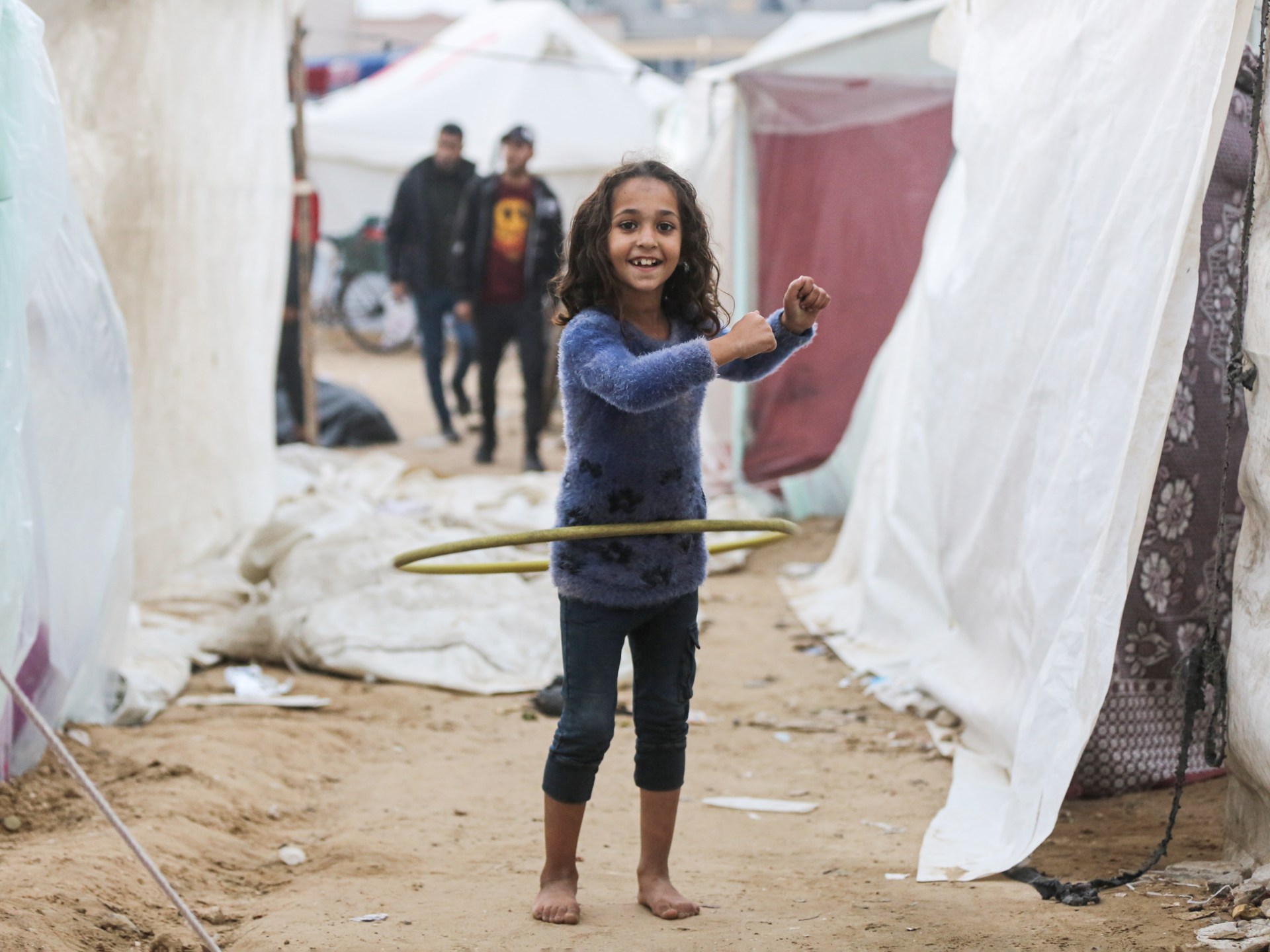Cairo, Egypt – While sexual and gender-based violence (SGBV) has increased notably in Sudan during the fighting that has torn the country apart since April, it has been an epidemic there long before April 15, according to Sara Musa, an activist with the Darfur Women’s Forum.
Musa and several other activists and humanitarian workers involved in Sudan were meeting in Cairo for the Sudan Humanitarian Conference at the end of November. They were there to discuss their experience working on the ground during the conflict and deliver their message to international aid organisations, some of whom were also attending.
A significant portion of the meetings discussed SGBV and the serious obstacles to tackling it, obstacles that make even accurately recording the number of attacks difficult. As Saja Nourin, head of programme for the Sudanese Organisation for Research and Development (SORD), told Al Jazeera, the Combatting Violence Against Women Unit has said that the cases they recorded are likely less than 3 percent of actual figures.
SGBV is tragically something that recurs during violent conflict, but the total lack of civilian protection in Sudan means that the rate of SGBV is almost unfathomable.
Women and girls are being kept by their abusers for days following the assault so that they cannot access medical care and are forced to carry pregnancies, Shaza N Ahmed, executive director of Nada Elazhar Organisation for Disaster Prevention and Sustainable Development, told Al Jazeera.
Non-Arab communities, such as the Masalit, in West Darfur are particularly vulnerable to SGBV, Ahmed said, with women girls being kept in sexual slavery, sold in markets, and kidnapped into forced prostitution. She added that fighters from various mainly Arab militias or the feared paramilitary Rapid Support Forces (RSF) are raping women to intentionally impregnate them.
“Women and girls in Darfur are being told: ‘After [we] rape [you], you will carry our babies […] to change the non-Arab portion within the Sudanese blood,’” Ahmed said.
In a country where abortion is illegal, the options for survivors are extremely limited and, in some cases, the social stigma has driven them to depression or worse, Ahmed said, adding that the stigma is worse when a child is born of rape.
Not a new problem
Musa of the Darfur Women’s Forum told Al Jazeera that before the war, SGBV was already a big problem in Darfur, especially in rural areas where RSF, Sudanese army fighters or other security forces attacked women with impunity.
The RSF has said it has zero tolerance for SGBV but cases of SGBV are still reported. While this has been taken by some observers to indicate a lack of cohesion in the RSF ranks, others say the militia has been successful in fighting but that there seems to be less control once the guns quiet.
In the past, there used to be community-based mechanisms and referral pathways to deal with SGBV but now, victims are left to fend for themselves, carrying unwanted pregnancies, trauma and severe complications.
“There is no access to sexual violence service provision because there are either no service provisions [to begin with] or because of the social stigma,” said one Sudanese woman’s activist, who did not disclose her name for fear of reprisal.
“All of the facilities like the hospitals, the police stations where you [could] report [violations] all stopped because of the conflict and the fighting,” Musa said.
On top of that, Musa told Al Jazeera, first responders and service providers have reason to fear for their own safety as the RSF “arrests [civilians] and gives them two options: either you join us, or you will get tortured for the rest of your life until you die”, driving most to flee for their lives.
She stressed that more support is urgently needed to prevent further violations and to help victims during the conflict. Musa and other delegates also called for comprehensive sexual reproductive health services that include family planning protocols, rape protocols, HIV medicines and safe abortions where necessary.
The widespread scale of SGBV is part of a wider issue plaguing Sudan – the lack of protection for civilians, conference delegates said. They called for more support from the international community, protection of civilians, and accountability for perpetrators of SGBV and other crimes.
Among the civilians most in need of protection are the displaced people who walk for days to escape violent fighting, hoping to find a camp to take shelter. Some manage to leave Sudan entirely, most finding refuge in Chad while some head to South Sudan or Ethiopia to the east.
Pregnant women on those routes have had miscarriages or suffered trauma, malnutrition and a lack of medical care. Children are also exceptionally vulnerable, with three to four children dying every week on the escape route from Nyala to East Darfur, Musa told Al Jazeera.
Whether outside Sudan or displaced within its borders, the civilians trying to survive amid this violence are still in danger of more SGBV unless protections are put in place.

